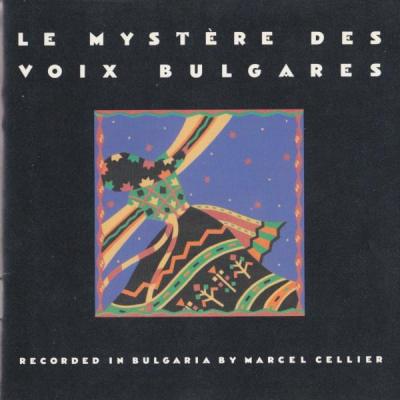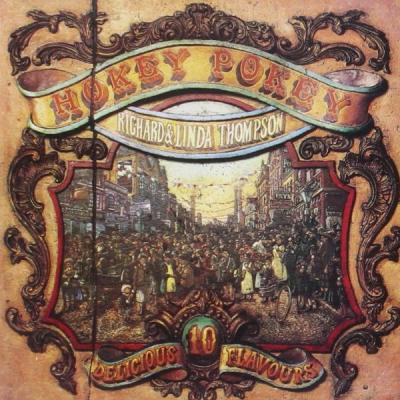


Jorge Ben: A Tabula de Esmeralda
Album #194 - June 1974
Episode date - October 16, 2024
Normally, pop music is not a format that makes me feel as though I am intellectually over my head, but “Tábua de Esmeralda” challenged me right from the start.
The album title alone set me on a convoluted path that led to scientific matters, philosophy, alchemy and perhaps the birth of monotheistic faith. The ‘Emerald Tablet’ is the cornerstone of Hermeticism, a convoluted system of beliefs that walks a fine line between the mystical and the practical, and it is responsible for influencing some great thinkers to experiment with nature, thus leading to profound discoveries and esoteric ideas. Its provenance is not certain, but this ‘Philosopher’s Stone” has intrigued many creative minds in myriad ways, and now we can add Jorge Ben to that list.
It is hard enough to grasp such an eclectic theme for an album of pop music, but it becomes that much harder when the songs are written mostly in Portuguese, a language with which I am utterly unfamiliar. Initially, this album intrigued me exclusively for its musical merit, but peeling back the layers reveals an artistic intent that is almost as complex and inspiring as the tablet itself.
On “Tábua de Esmeralda,” Ben references the tablet both subjectively and literally. The album itself could be called ‘musical alchemy’, fusing samba, jazz, rock and folk styles into a seamless whole, while one track quotes the tablet’s text verbatim (in Portuguese). What exactly is going on here? It’s hard to say with any degree of certainty and as is almost always the case with lyrical poetry, interpretation comes from the soul of the listener. To overly simplify my own interpretation, it seems as though Ben is trying to elicit the very meaning of life in twelve songs.
The opening track speaks of alchemists discreetly bringing crucibles and glass jars for the benefit of mankind, deliberately avoiding “any relation with people of nasty temperament.” This is followed with a song about a man who wears an impossibly beautiful tie, which apparently bears no relation whatsoever to the opening track, until the tie itself is described as “a suspended garden hanging on the neck of a sympathetic and happy man.” Next is a song of space travel, but he sings not of man but gods traveling through space and time “before the known ages.” The song title is Latin for “To err is human,” and posits the theory that gods came “from a planet of impossible possibilities.” Thoughts like this make this album both a joy and artistically rewarding to translate. “Eu Vou Torcer” translates to “I’ll Cheer Up” and is as close to poetry as any pop song I’ve ever heard. It starts simply, with Ben singing “I’ll cheer up for peace, happiness and love.” Then he adds beautiful women, dignity, the seasons, and “all the useful things one can buy for ten bucks” to his list. Ultimately, he concludes his list of reasons to become cheerful with “celestial agriculture…for Aquinas, for my brother…(and) for my friend who suffers from a heart condition.”
Even his love songs take on weight, as one of the album’s most inspiring musical pieces is titled “My Stubbornness Is a Weapon for Conquering You.” “Zumbi” is a song about the slave trade, told from the perspective of a victim who remains hopeful, wondering how these slave masters will handle things when Zumbi, the Lord of War, arrives to set things straight. Again, I needed to not only translate but also investigate, and I learned that Zumbi is a genuine historical figure from the 17th century who led the resistance against slavery in colonial Brazil. As such, a stain on the history of mankind is alchemized into something hopeful, with music that is genuinely uplifting. Eventually, Ben sings of the tablet itself, and uses its text for lyrics, only to wrap things up with a song about impatience, chiding a friend who could not wait five minutes, then concluding how thoughtless it is to not see the value of waiting for a friend.
Never have I worked so hard to comprehend a piece of pop music, and yet I feel genuinely gratified to have put in the effort. What was once just a pleasant collection of foreign sounds has been transmuted into something whole, an entirely complex and moving vision of life’s value, whether for only five minutes or all of eternity.
Featured tracks:
Os alquimistas estão chegando os alquimistas
O homem da gravata florida
Errare humanum est
Menina mulher da pele preta
Eu vou torcer
Magnólia
Minha teimosia, uma arma pra te conquistar
Zumbi
Brother
O namorado da viúva
Hermes Trismegisto e sua celeste tábua de esmeralda
Cinco minutos
June 1974 – Billboard Did Not Chart
Related Shows













